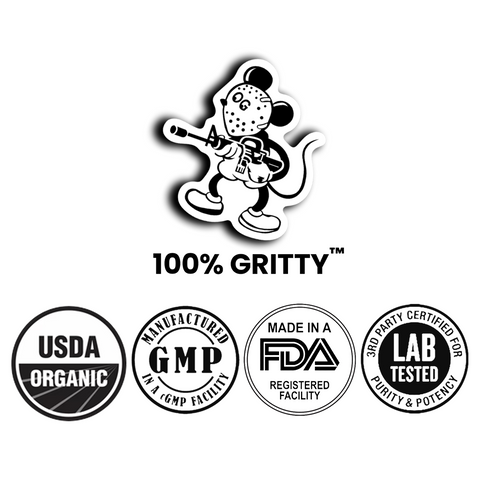CBD (cannabidiol) and THC (tetrahydrocannabinol) are two of the most well-known cannabinoids found in the cannabis plant. While they both belong to the same family of compounds, they have distinct properties and effects on the body. In this comprehensive guide, we will delve into the differences between CBD and THC, including their chemical structures, psychoactive effects, potential therapeutic uses, and legal status. By understanding these distinctions, we can better appreciate the unique characteristics of CBD and THC.
Chemical Structure
CBD and THC have similar chemical structures, consisting of 21 carbon atoms, 30 hydrogen atoms, and two oxygen atoms. However, the arrangement of these atoms differs slightly, resulting in distinct effects on the body.

Psychoactive Properties
One of the most significant differences between CBD and THC is their psychoactive effects. THC is known for its psychoactive properties, which can induce euphoria, altered perception, and the feeling of being "high." On the other hand, CBD does not produce psychoactive effects and does not cause intoxication or impairment.
Interaction with Cannabinoid Receptors
Both CBD and THC interact with the body's endocannabinoid system (ECS), a complex network of receptors, enzymes, and endocannabinoids. However, they interact with different receptors within the ECS. THC primarily binds to cannabinoid receptors (CB1) in the brain and central nervous system, leading to its psychoactive effects. CBD has a more complex interaction with cannabinoid receptors, exerting indirect effects on CB1 and CB2 receptors and modulating their activity.

Therapeutic Potential
CBD and THC have distinct therapeutic potential and may be used for different purposes. THC is commonly used for its analgesic (pain-relieving), anti-inflammatory, and appetite-stimulating effects. It is also utilized in some medical treatments, such as for nausea and vomiting associated with chemotherapy. CBD, on the other hand, has gained attention for its potential benefits in managing anxiety, promoting relaxation, supporting sleep, and potentially reducing seizures in certain forms of epilepsy. Additionally, CBD has shown promise in alleviating pain, reducing inflammation, and supporting overall well-being.
Legal Status
The legal status of CBD and THC varies around the world. THC is classified as a controlled substance in many countries due to its psychoactive properties and potential for abuse. In contrast, CBD derived from hemp, containing less than 0.3% THC, has been legalized in numerous regions, including the United States, under specific regulations. However, it's important to note that laws regarding CBD and THC differ among jurisdictions, so it's essential to understand the regulations in your specific location.
The Bottom Line
CBD and THC are two distinct cannabinoids with contrasting properties and effects. While THC is psychoactive and produces a "high" sensation, CBD is non-intoxicating and does not produce psychoactive effects. Both cannabinoids interact with the body's endocannabinoid system but through different receptors, leading to unique physiological responses.
The therapeutic potential of THC lies in its analgesic, anti-inflammatory, and appetite-stimulating effects. CBD, on the other hand, is renowned for its potential benefits in managing anxiety, promoting relaxation, supporting sleep, and potentially reducing seizures. It's important to note that further research is needed to fully understand the scope and efficacy of both cannabinoids in various conditions.
Understanding the differences between CBD and THC is crucial for making informed decisions about cannabis-based products. Whether seeking symptom relief, relaxation, or overall well-being, it's important to choose products that align with your specific needs and adhere to legal regulations.
References:
-
Pertwee RG. The diverse CB1 and CB2 receptor pharmacology of three plant cannabinoids: delta9-tetrahydrocannabinol, cannabidiol and delta9-tetrahydrocannabivarin. Br J Pharmacol. 2008;153(2):199-215.
-
Russo EB. Cannabinoids in the management of difficult to treat pain. Ther Clin Risk Manag. 2008;4(1):245-259.
-
Devinsky O, et al. Trial of Cannabidiol for Drug-Resistant Seizures in the Dravet Syndrome. N Engl J Med. 2017;376(21):2011-2020.
-
World Health Organization (WHO). Cannabidiol (CBD) Pre-Review Report. 2017.
-
National Conference of State Legislatures. State Medical Marijuana Laws. Updated April 2021.





Comments (0)
There are no comments for this article. Be the first one to leave a message!